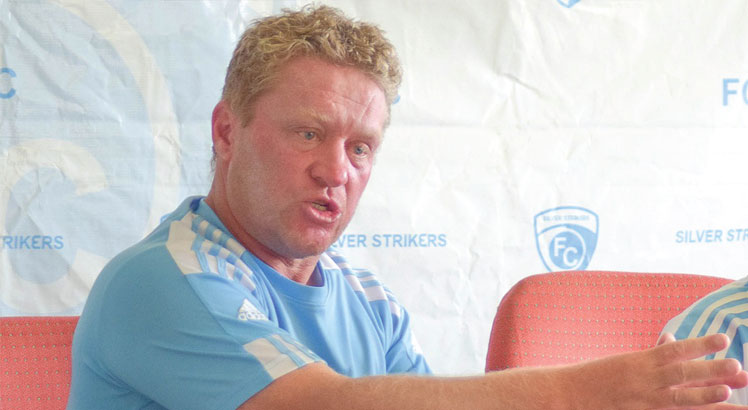The perennial budget deficits and government’s failure to disburse funds allocated to budget lines in the education sector could undermine the delivery of the budget, an analysis by stakeholders in the education sector shows.
Civil Society Education Coalition executive director Benedicto Kondowe said donors’ subdued support in the 2023-2024 National Budget casts doubt on the practicability of the budget, considering budget deficits and the optimistic revenue projections made in the budget.
He said: “The budget [as passed by Parliament] is just an aspiration by the government. What is finally disbursed will be dependent on what the government will have collected. From practice, we see a mismatch between the approved allocations and disbursements.
“The budget has a deficit of around K1.3 trillion. Revenue is projected at around K2.5 trillion, but the government may not collect all those funds. This means that the money to invest in the education sector might not be there.”
In an analysis of the 2023/24 education sector budget commissioned Csec and its partners, stakeholders expressed concern that the resource constraints inherent in the 2023/24 National Budget will create a funding mismatch between allocations made and funds disbursed at the end of the financial year in the sector.
According to the study, government allocations to the education sector have grown by 16 percent in nominal terms from K549 billion in the 2022/23 mid-year revised budget to K638 billion, representing 4.2 percent of gross domestic product (GDP).
However, the budget has dropped to K478.5 billion in real terms factoring in inflation, which has been hovering at around 25 percent.
To put it into context, the current allocations are below the K850 billion recommended in the National Education Sector Investment Plan. It also falls below the education sector budget falls below the average of 4.5 percent that most sub-Saharan countries spend on education as a percentage of GDP.
Donor support has also shrunk by 17 percent, from K70.2 billion in the previous financial year to K58.2 billion in the 2023/24.
In an e-mailed response, Rays of Hope communications and advocacy officer Dyles Banda urged the Ministry of Finance to disburse the funds on time to ensure that ministries, departments and agencies in the sector do not miss out on resources that are allocated in the budget.
According to the analysis, in the 2022/23 National Budget, only 75 percent of the education sector budget was disbursed by February 2023 and the Ministry of Finance took time to disburse the funds, a development that undermined the implementation of the education sector budget.
“As per government policy, a new project cannot be initiated until the projects being implemented have been completed. If MoF will disburse funds in time, current projects will be completed and new projects [construction of an inclusive education training facility which we proposed] can be implemented,” said Banda.
According to the report, in the 2022/23 financial year, the government allocated only 12 percent, or K290 million of the funds for teaching and learning materials at MoF headquarters five months after schools had opened in the previous financial year.
Likewise, disbursement on government-funded projects remained poor with only 64 percent (K2 billion) after contractors abandoned project sites over contractual disputes.
The study was commissioned by Csec with support from its partners, including Rays of Hope, Plan International, Forum for African Women Educationalists (Malawi Chapter) and Fount for Nations, among others.
The post Deficits, borrowing threaten education first appeared on The Nation Online.
 Moni Malawi
Moni Malawi 

